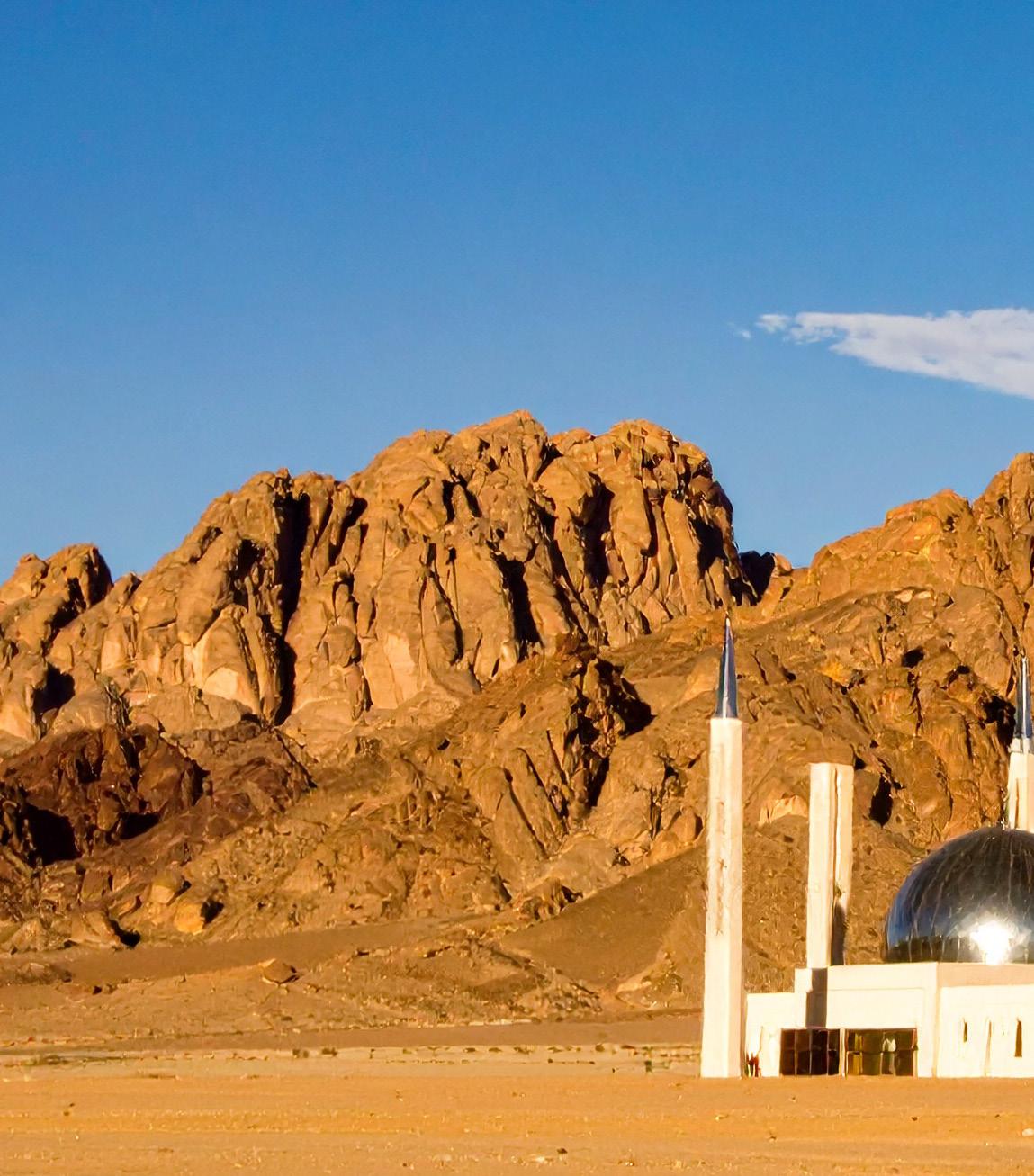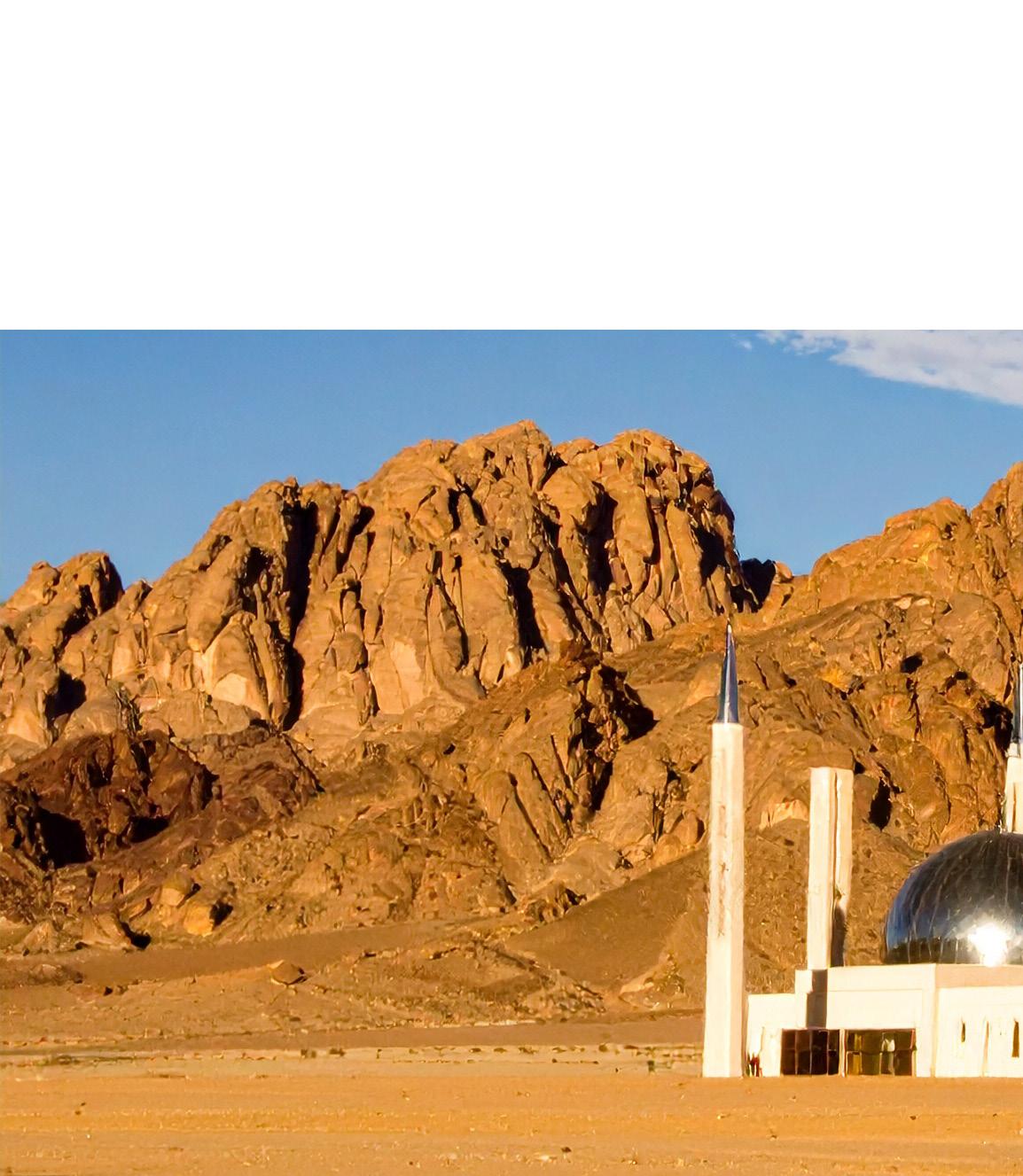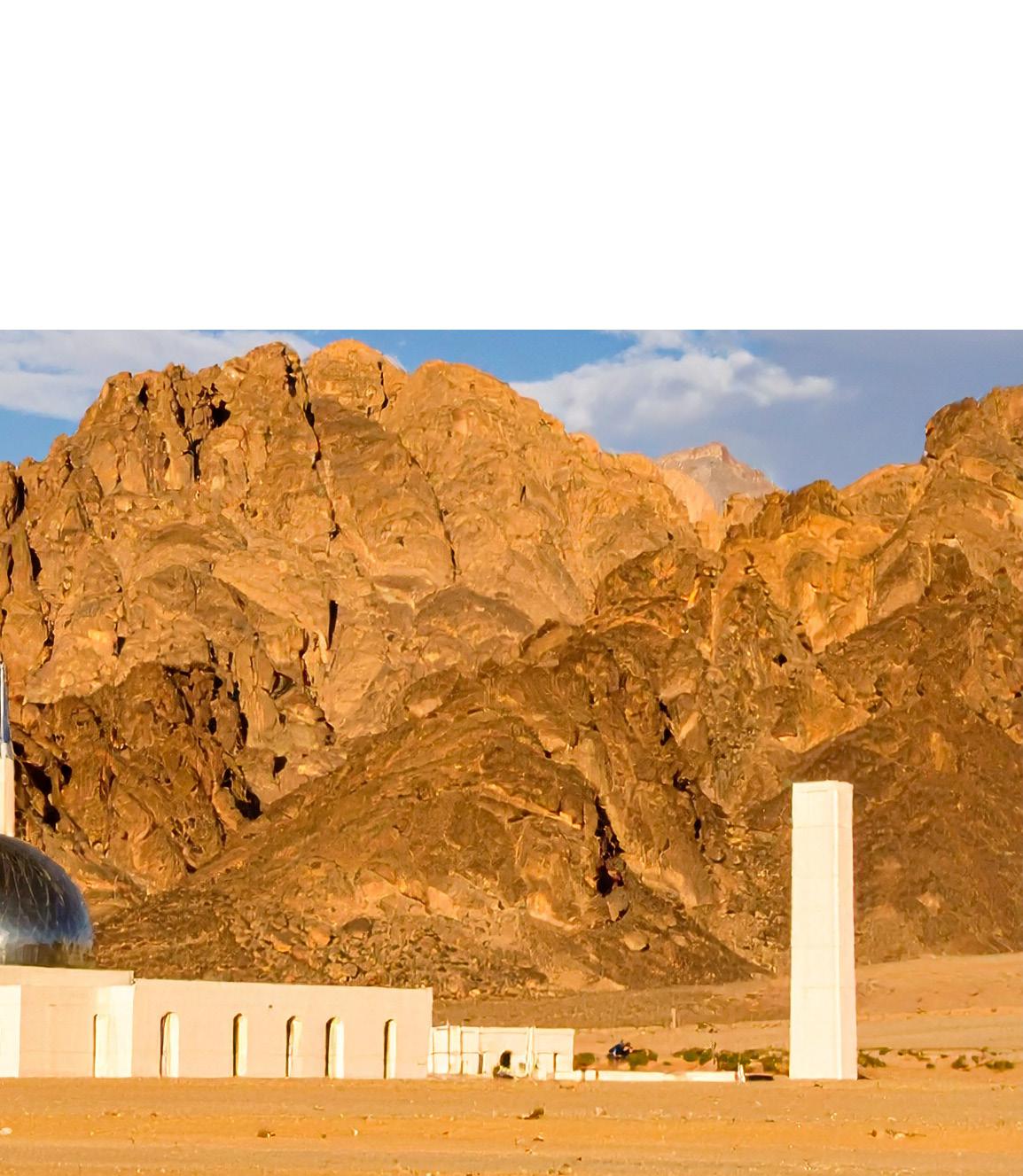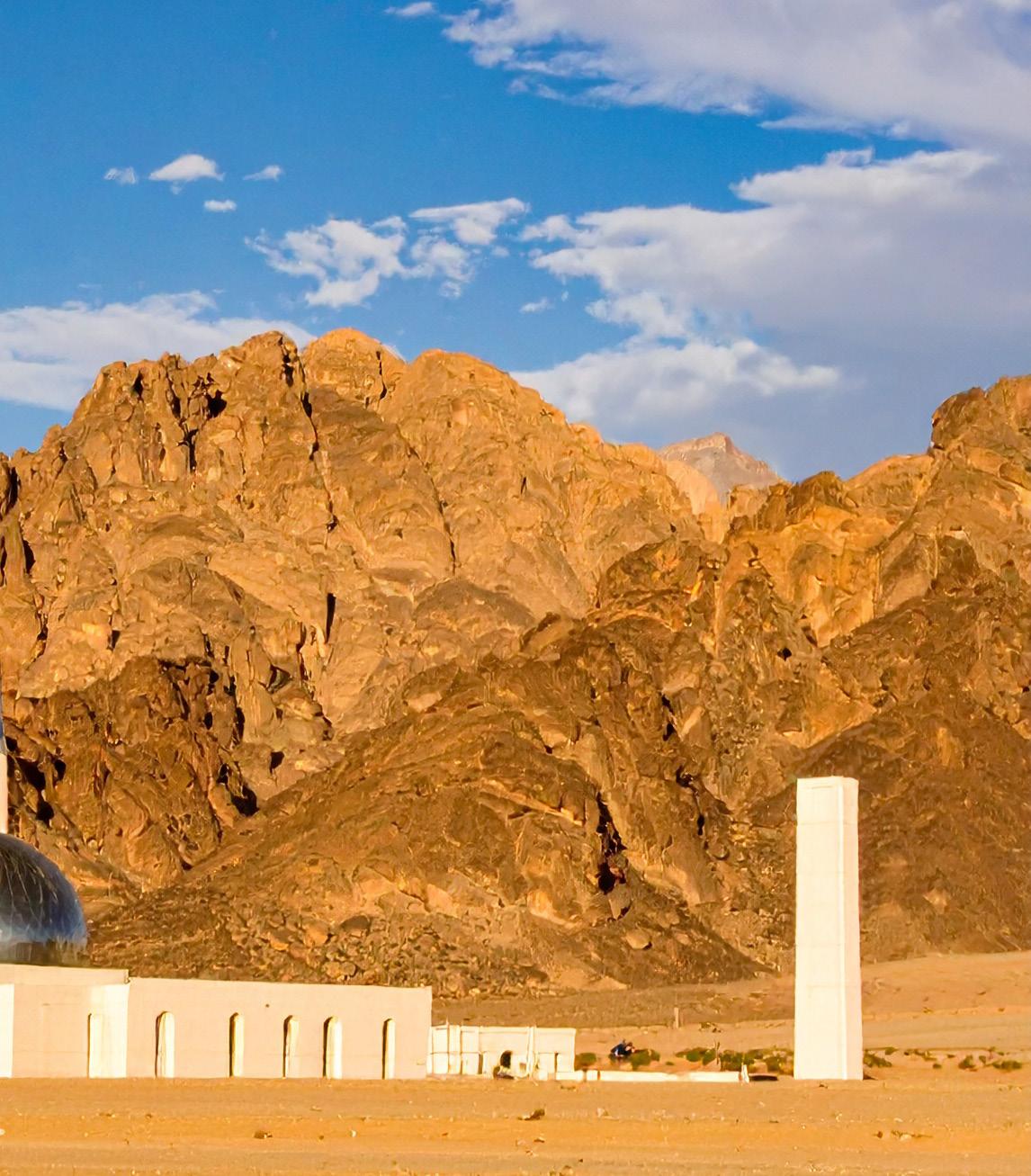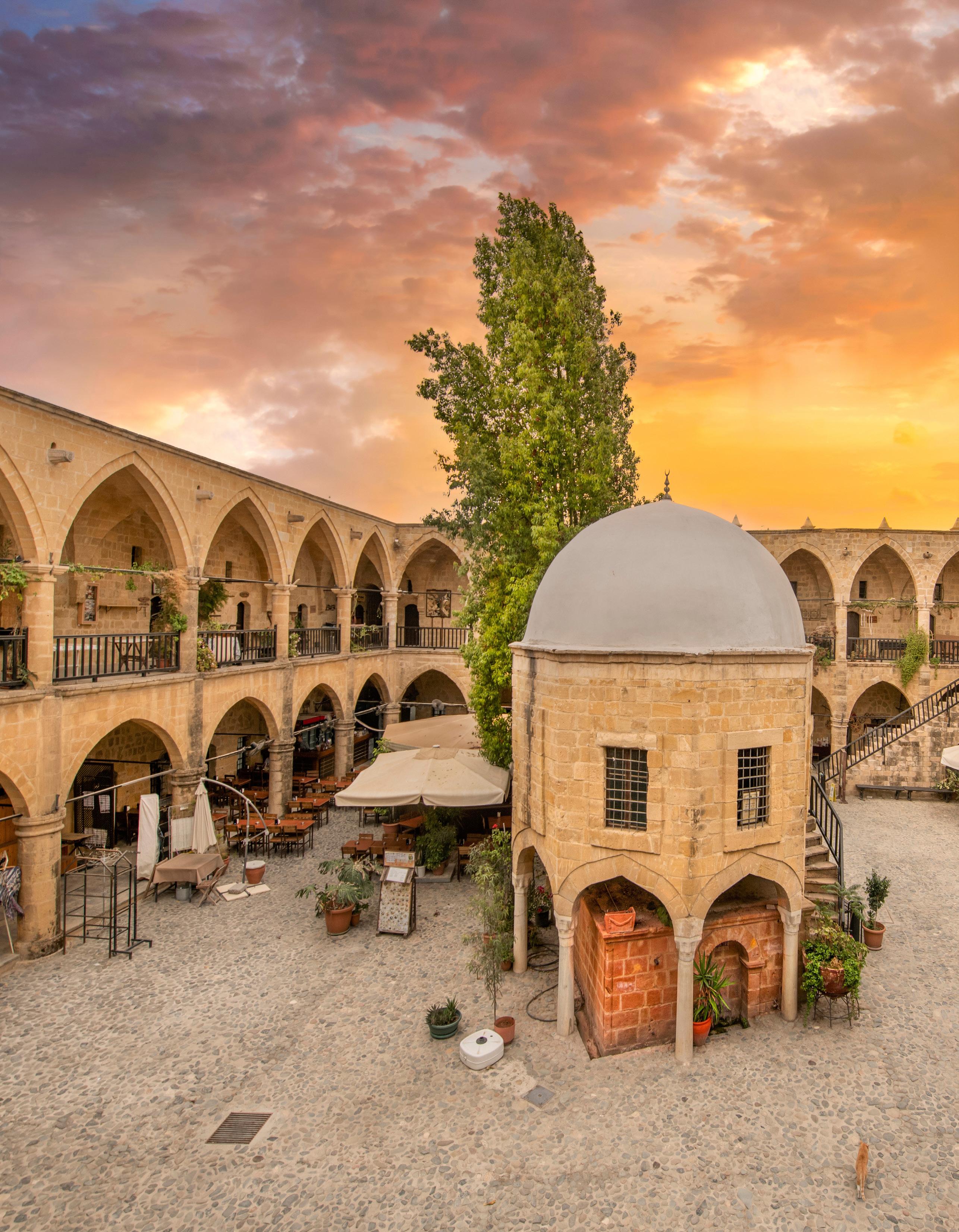

CARAVANSERAIS REMNANTS OF ISLAM
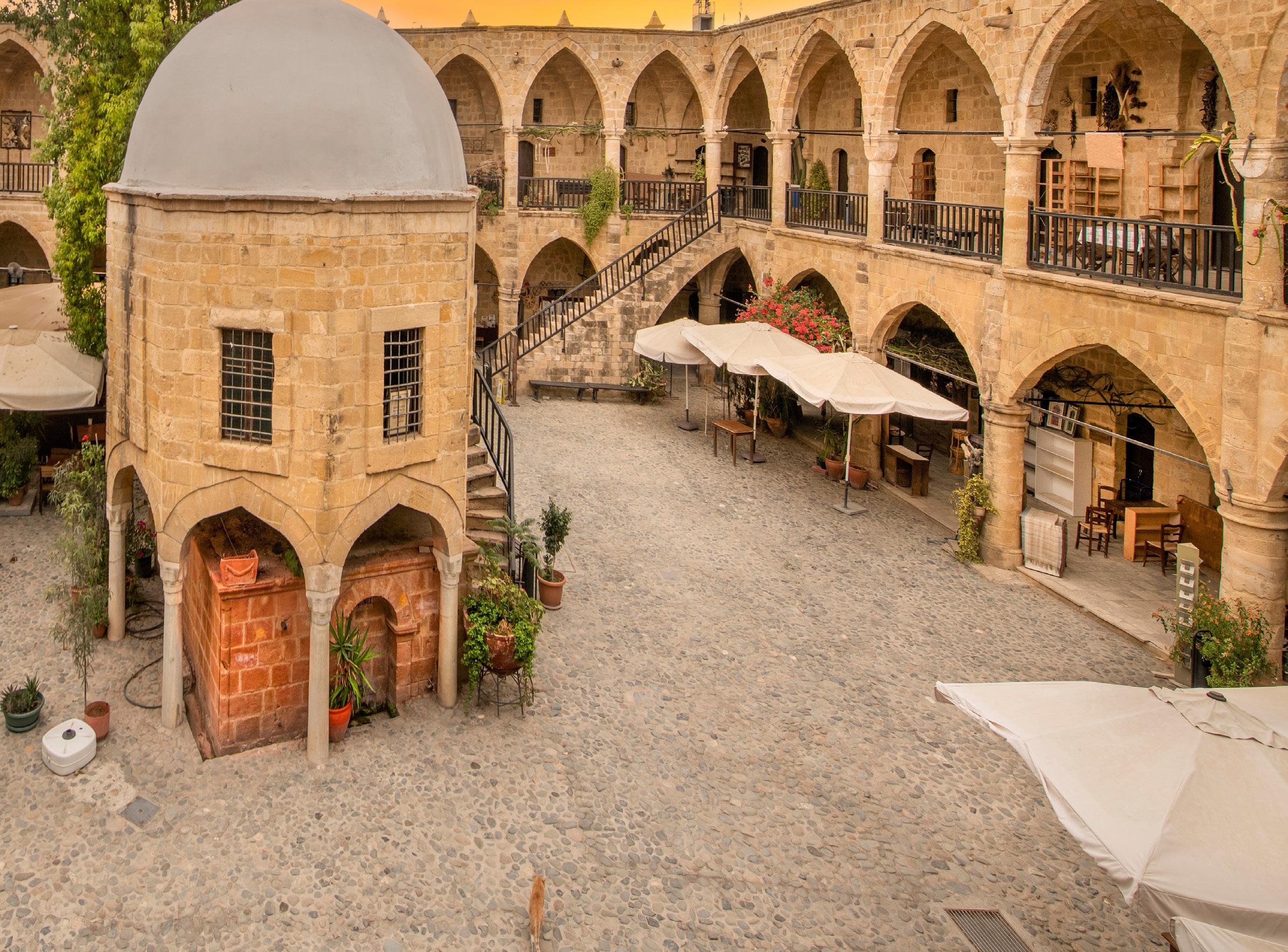
about the cover
The inside courtyard of a han in Bursa. The domed structure in the center is a masjid.



Fatawa:NisbatandIhsan Caravanserais remnantsofIslam


Knowing our history is an important part of building our connection to the deen and being proud of who we are. The more we know our history of Islam, the stronger our connection with the Umma and the less chances of identity crisis and assimilation into the Melting Pot. Mufti Taqi Uthmani himself recommends Turkey as the best place to visit for immersing oneself in the Islamic history and learning our heritage ( 12 Countries in the Company of Mufti Taqi Uthmani: Qurtuba Books).
The hadith ‘haya is half the faith’ is an axiom that suffices for understanding the place of haya in Islam. But what is haya and how can we acquire it? Khadija Karatela in her brilliant article explains the meaning of haya, its manifestations in the heart, in our dress code and our day-to-day lives, and how haya is necessary for building our connection with Allah and His Prophet s .
Maulana Dr. Mateen has taken on the task of translating a primer on Tasawwuf, a science that is equally complex and necessary at the same time, which makes its translation all the more challenging. Our Hazrat, Dr. Ismail Memon’s r, enlightening treatise, Nisbat aur Ihsan, covers the nuts and bolts of Tasawwuf.
Patron
Hazrat Dr. Ismail Memon
Fatawa
Mufti Husain Ahmad Badri
Contributors
Mufti Omar Baig
Maulana Dr. Mateen Khan Dr. Kamran Karatela
M. Zubair Ahmad
M. Ahmad Amin
Editor
Asim Ahmad
Attribution
E-mail office@ducanada.org
Website www.ducanada.org
Address
51 Prince St. N, Chatham, ON N7M 4J7, Canada
The views expressed in the columns of Insight magazine do not necessarily represent those of Darul Uloom Canada.
The articles published in this magazine may be reproduced with due acknowledgment.
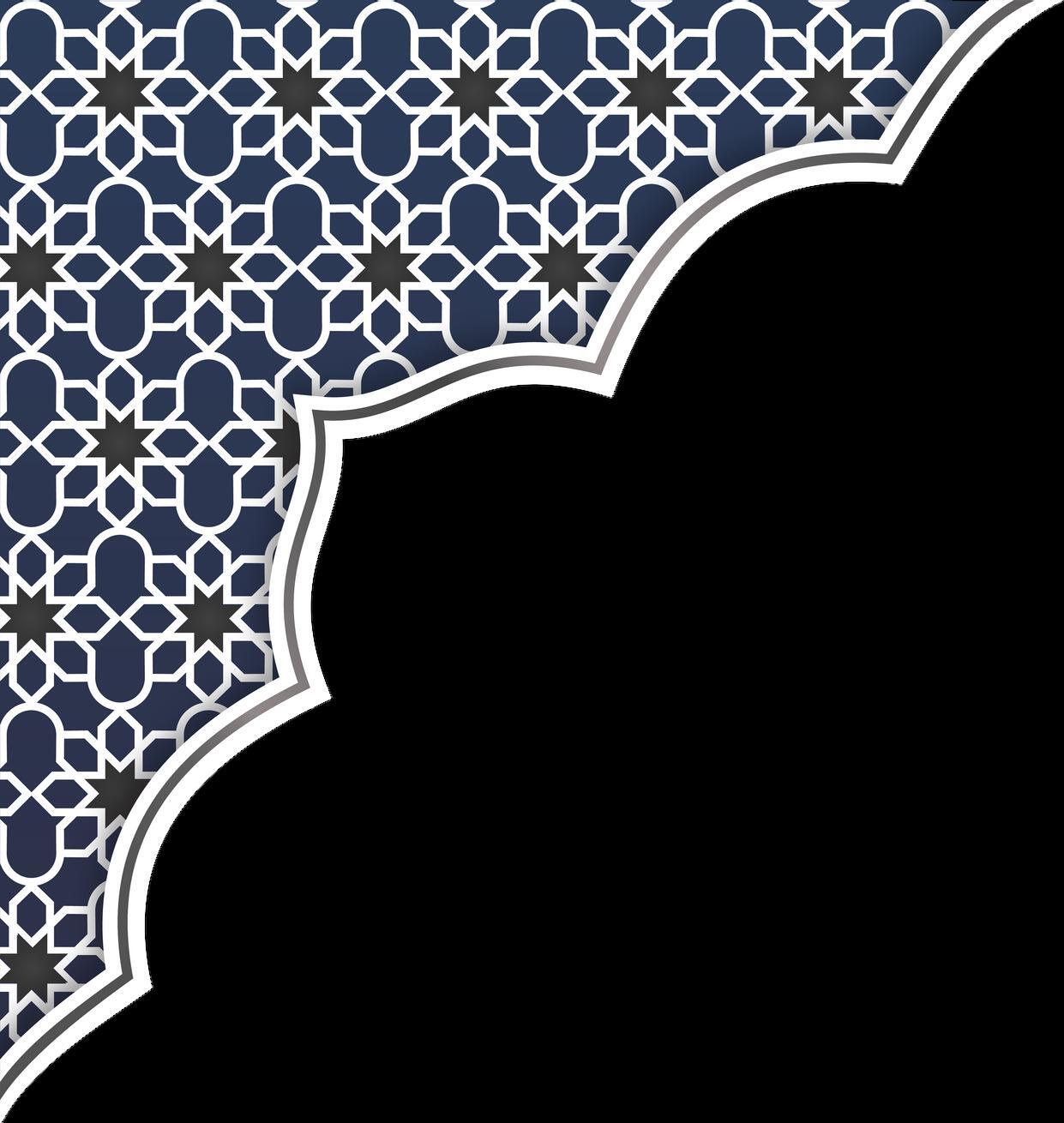


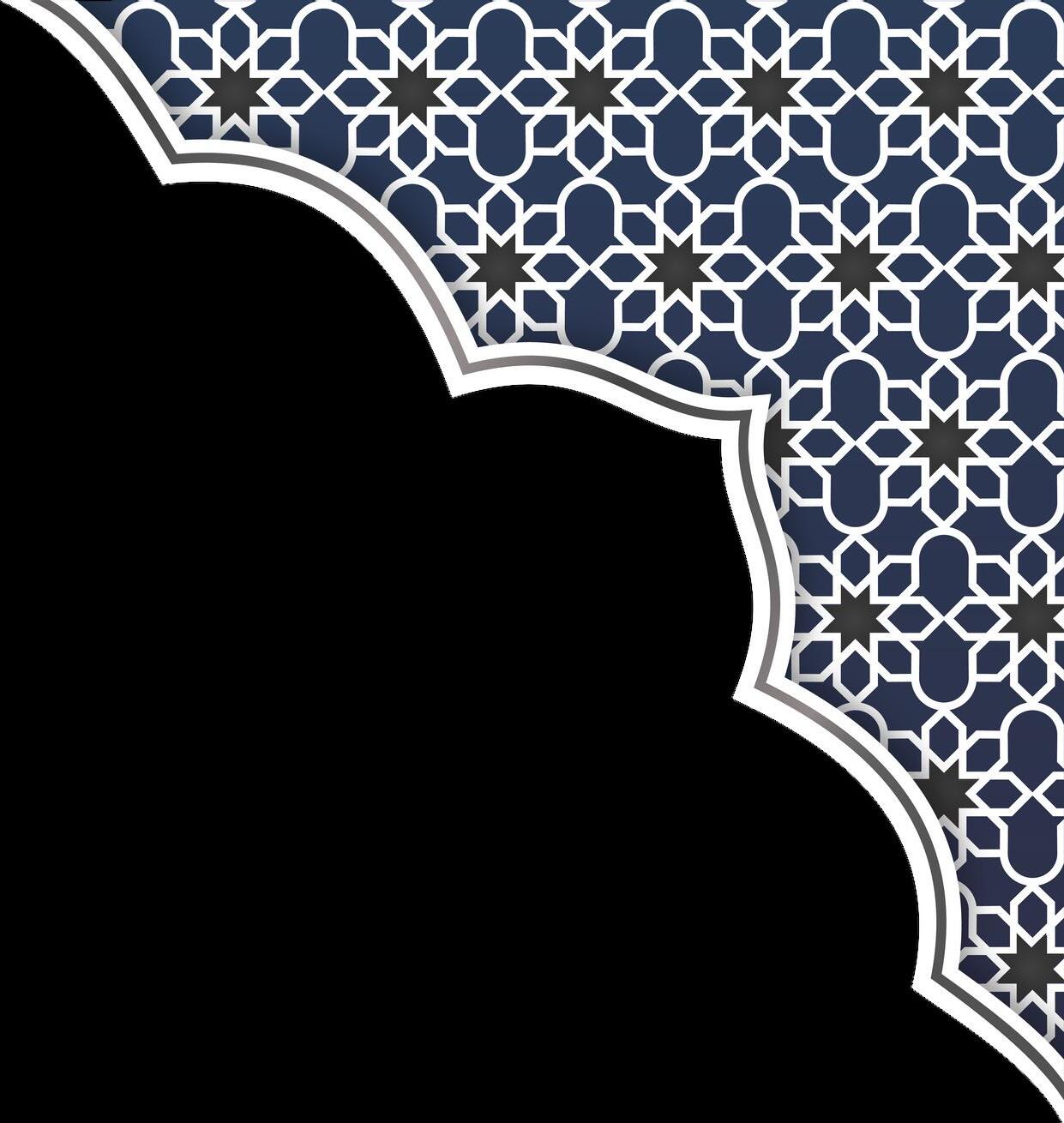

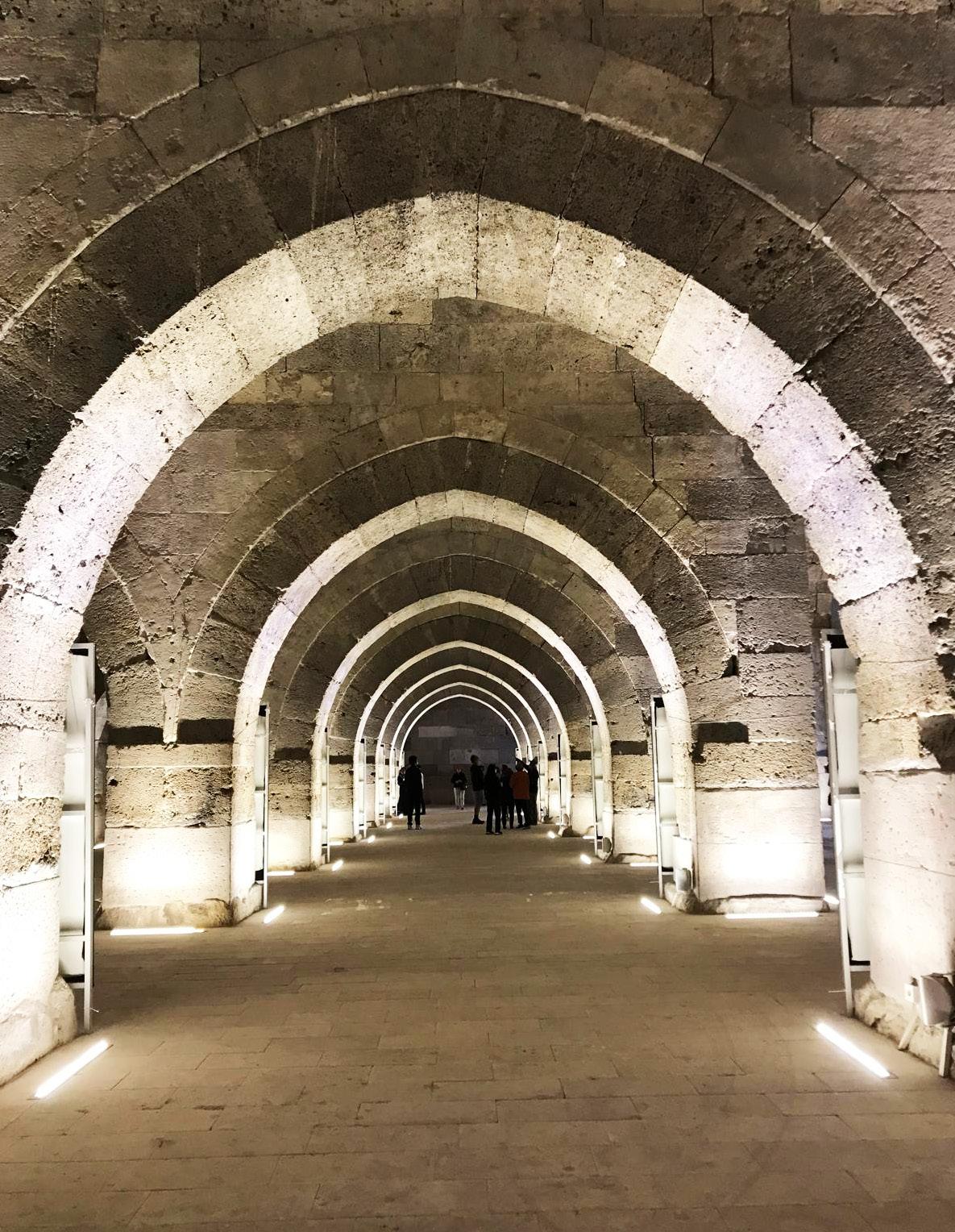
CARAVAN SERAIS REMNANTS OF ISLAM
Asim Ahmad
CARAVANSERAIS
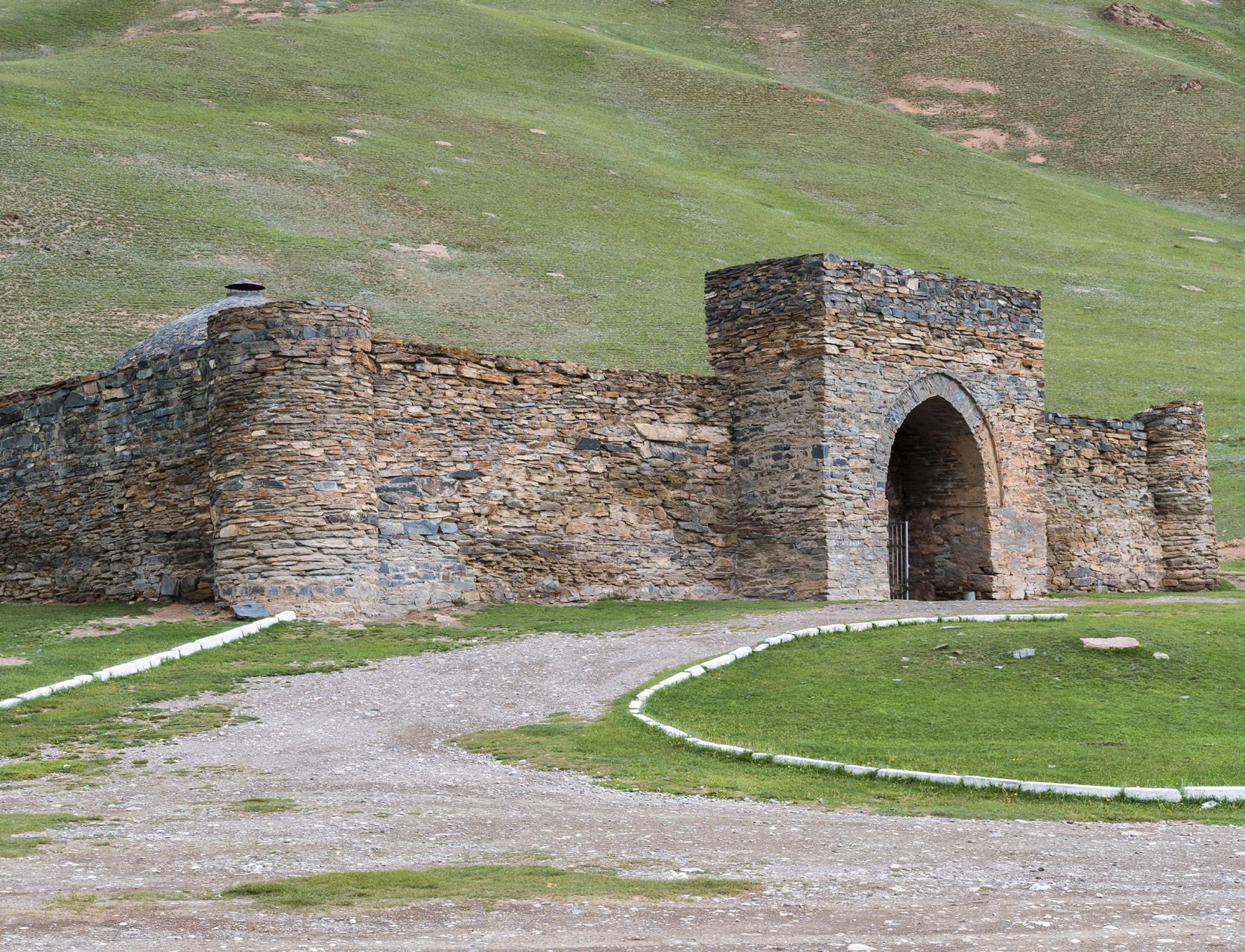
Zeitgeist /ˈzītˌɡīst/: the defining spirit or mood of a particular period of history as shown by the ideas and beliefs of the time
In 2023, I took my family on a road trip through eastern to central Turkey to get a feel of the zeitgeist of the Seljuk era in the 12th-13th century. To be clear, it was in no way comparable to the Khulafa Rashidun period, but succeeding Muslim empires and rulers had built their constitutions on the Qur’an and Sunna and established a semi-holistic Islamic system that impressed itself on every sphere of human life. Since all Muslims, including myself, today have never seen Islam as a social and political phenomenon outside of the corpus of Islamic literature, it is difficult to comprehend the glory and functionality of Islam as a holistic system.
Our trip started in Istanbul and ended in the eastern central city of Sivas after stopping in several historic cities along
the way [check out our road-trip map on p. 10]. Most interesting to me were the caravanserais, three of which were located between Konya and Cappadocia (though I stopped at only two of them).
These caravanserais, or inns, were stations located about 40 km apart along the famous Silk Road. Travelers, merchants and caravanners from every part of the world, every religion, and ethnicity stayed at the caravanserais to kick back and relax for a few days before they embarked on the next leg of their journey. The first three days in the caravanserais provided free food, a room to stay in, security from bandits, and medical assistance for all travelers and their transports regardless of background, religion, or ethnicity. The patrons of these caravanserais were wealthy businessmen or local Seljuk emirs who wanted to gain the honor of serving the traveler that was passing through their region. All this passion for serving the traveler was due to the rights and lofty status of a traveler as stated in the Qur’an
and hadith.
Rights of a traveler
In Arabic, the traveler is ibn al-sabeel, or the ‘son of the path,’ because ‘he is a stranger in a foreign land, separated from his wealth and assets though he may be a wealthy man at home.’1 According to a hadith in Abu Dawud, a wealthy man can receive charity even if he is rich for as long as he fulfills three conditions; he is struggling in the path of Allah, a traveler [on the road], or in the case of a poor neighbor who receives charity [from someone else] and then, he gives it
to you.” Though the appropriation of zakat is heavily regulated in Islam, a wealthy traveler too can receive zakat under certain conditions, as stated in the Qur’an.
Despite his financial status at home, a traveler faces many challenges and potential setbacks due to the unstable nature of his status that renders him worthy of charity. This is why insurance companies provide travelers insurance and agencies like Travel Aid International are dedicated to helping travelers in crisis. TAI states on its website, “Travelers Aid Interna-
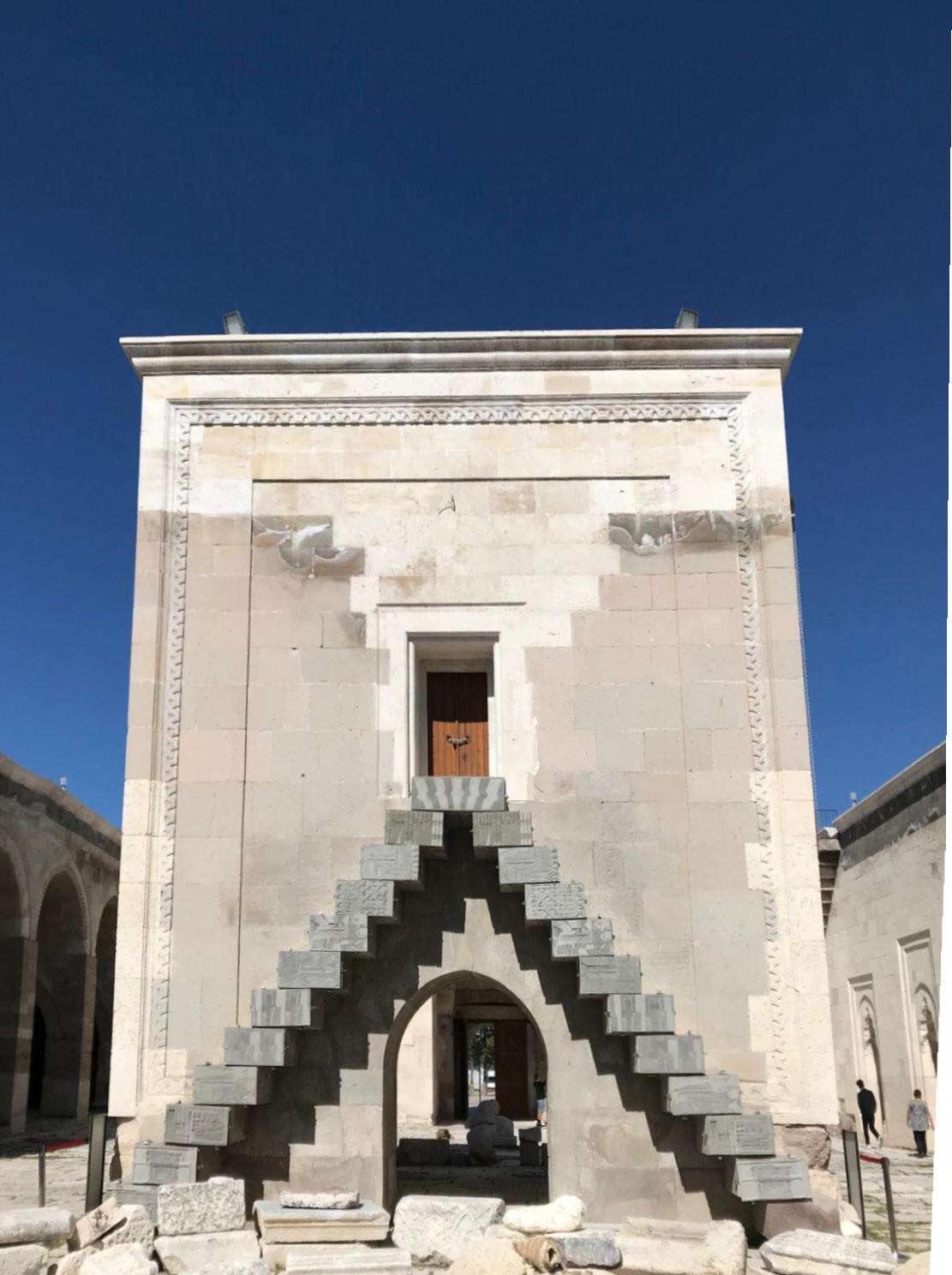
THE SILK ROAD
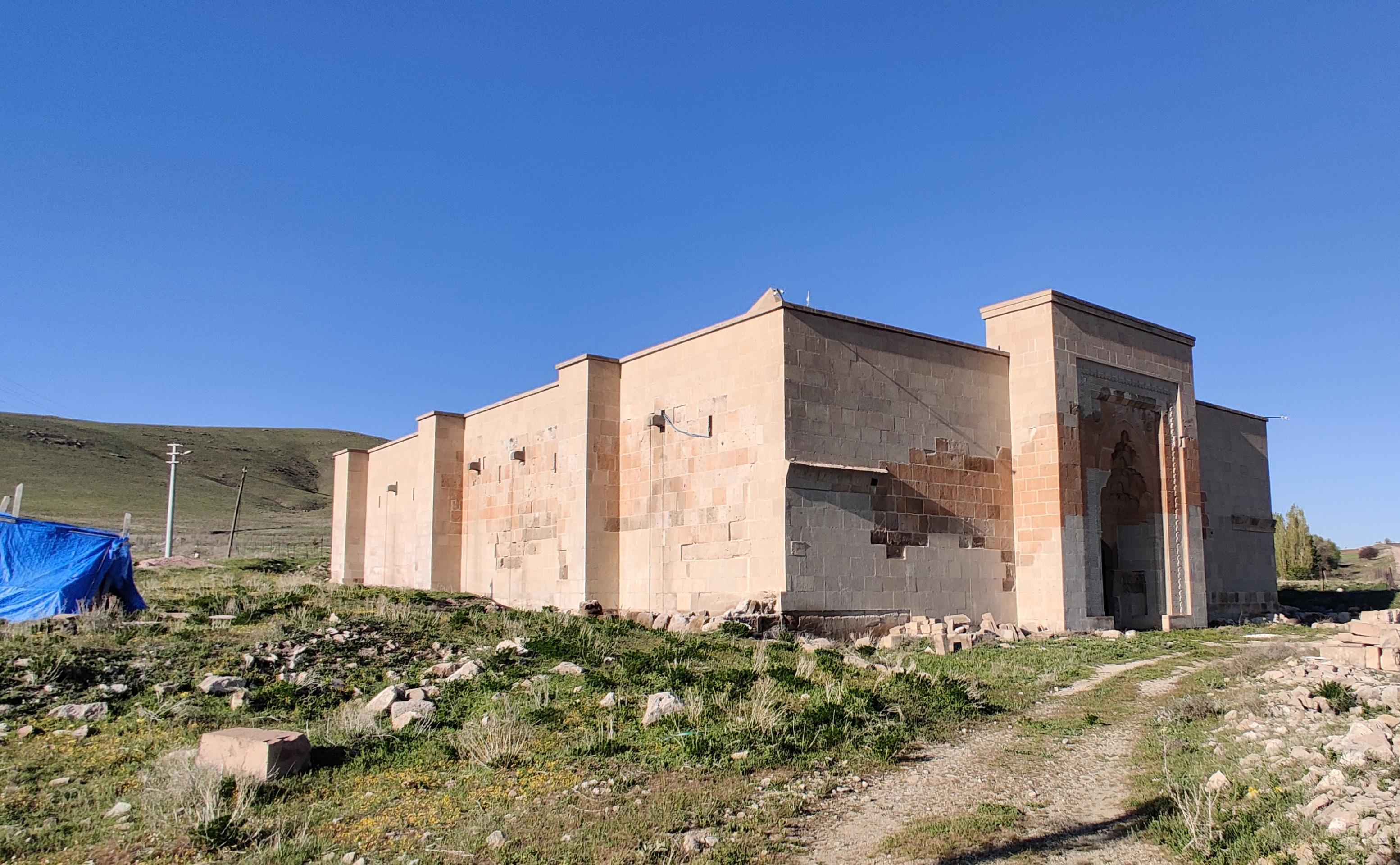
tional is an international network of social service agencies, airports and train stations representing a safety net to individuals of all abilities to connect with a support system or place.”
I guess there is a reason for the saying: home sweet home.
In Islam, the traveler is an honored guest who reserves many rights regardless of his background. The Prophet s advised hospitality toward travelers saying, “Travel is one portion of punishment; it prevents one from food and drink and sleep. So, when one has fulfilled his need, he should hasten back to his family.”3 In another hadith: the guest reserves the right to be taken care of for three days and nights. If the host wishes to do more, then it will be a sadaqa for him.4
In yet another narration, the Sahaba asked, “If we come upon a region and they do not honor our right as a guest, then what do you say?” He replied, “If you come upon a people and they order what suits a guest, then accept it. If they do not, then take from them the right of a guest.”
The following hadith is even more emphatic: the Prophet s says, “Whoever believes in Allah and the Last Day must honor his guest.”6 In other words, if you disrespect your guest, there is a problem with your faith.
The way caravanserais were patronized as guest houses for travelers embodies much of the Islamic teachings about the rights of travelers.
Our capitalist system
Now for some contrast. In the capitalist system I grew up in, things work the other way around. A capital system is based on opportunism, i.e. seize every opportunity to make a buck. The more vulnerable a person is within such a system, the greater his chances of being exploited and capitalized on.
Travelers are a good example. In August 2024, I was returning home from a long trip. It was raining hard and I was roughly 5 mph over the speed limit. My mistake was the tires, which were at 40 % treadwear. The car hydroplaned and flew
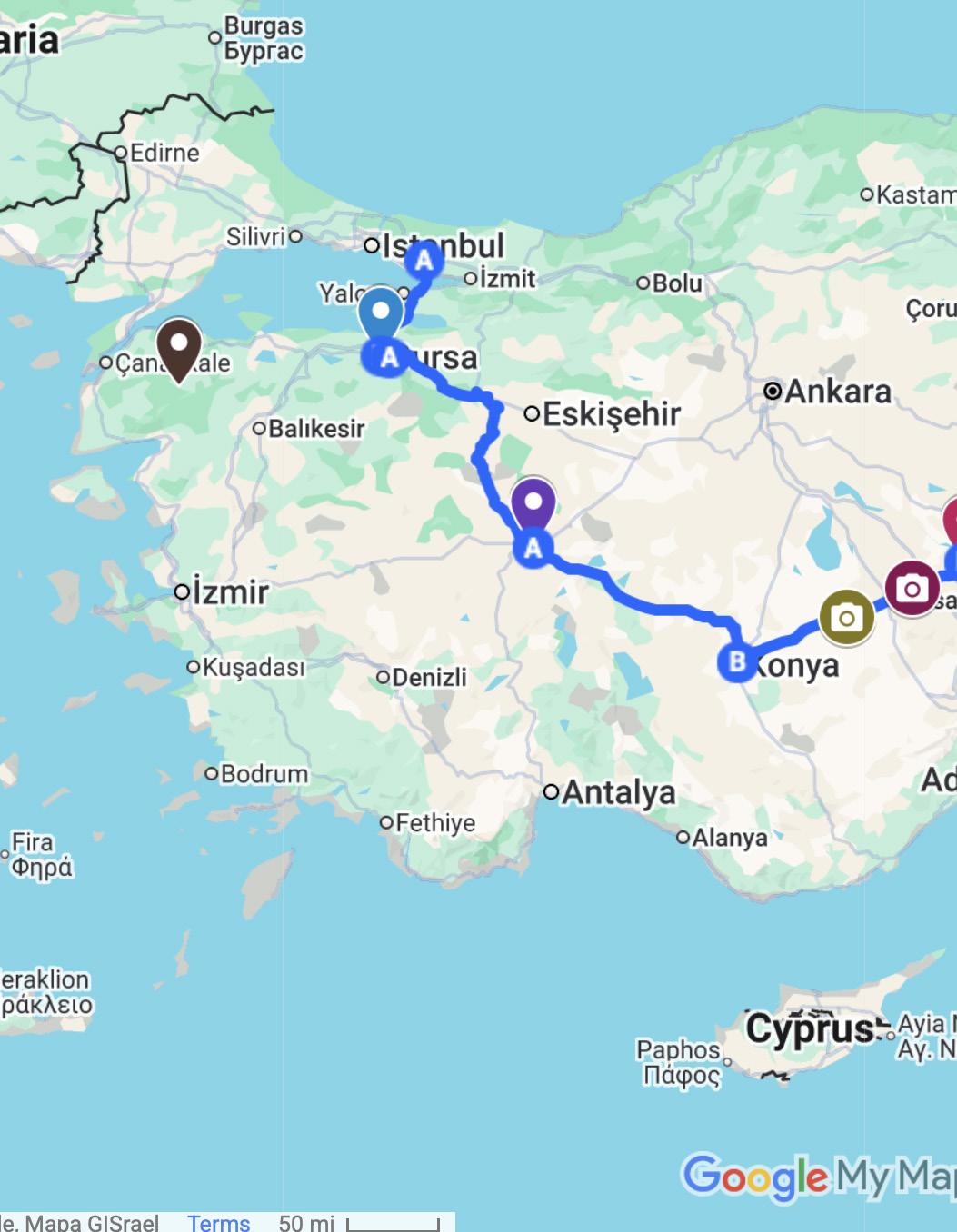
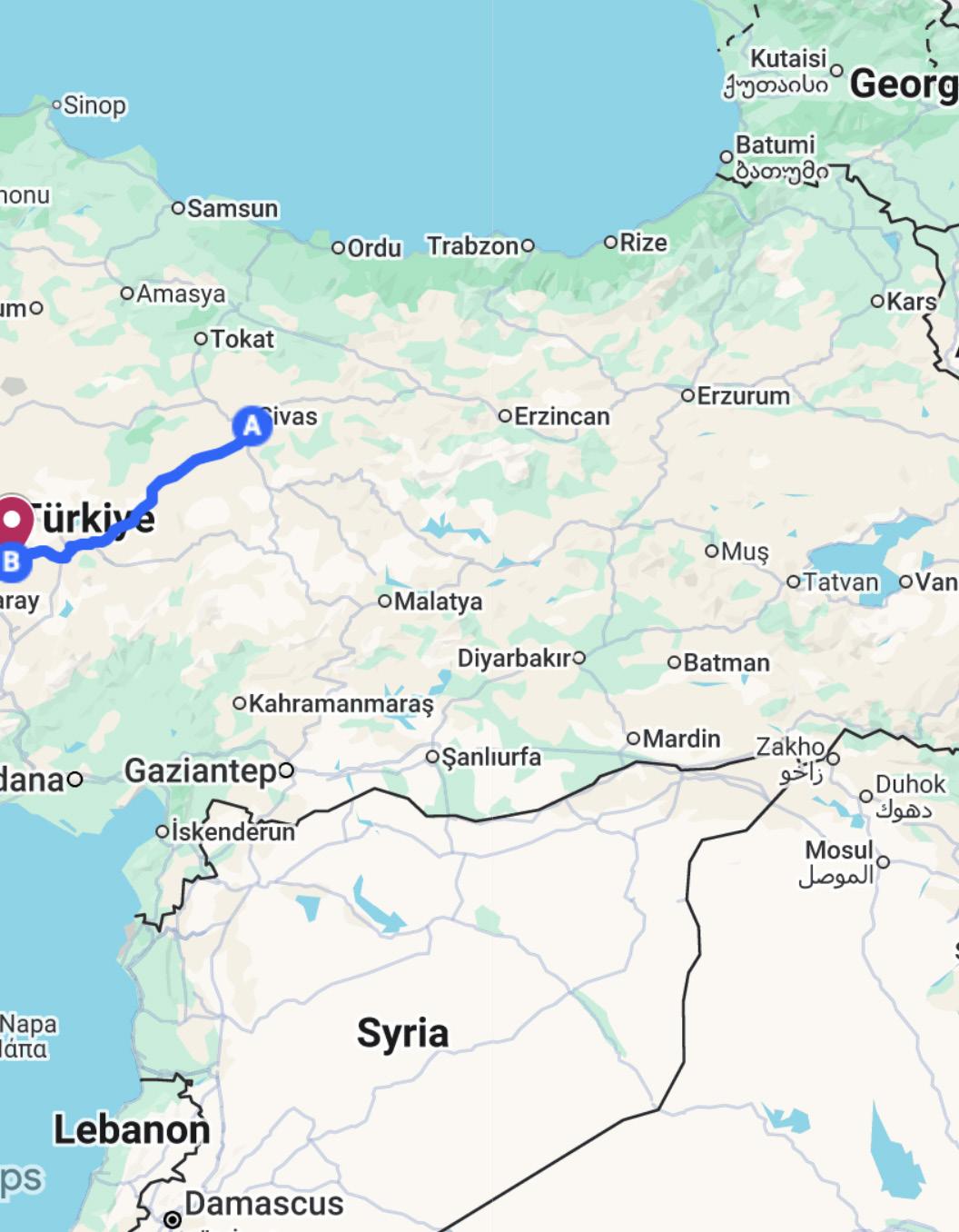
off the highway. Next thing I knew, the nose of the car was submerged in water at the bottom of a slope a 100 ft away from the highway. Thankfully, I had missed a thick tree by just a few inches. Once, I returned to reality, the first thing I did was call Mayday. The police eventually arrived and the officer wrote me up a failure-to-control ticket (I never knew there was such a thing until then). The ticket added two points on my license while the host state charged me just under $300.00 in fines. Then, the car was winched out and towed to an impound until I paid to release it. That was another $685.00. Towing fees to my city 200 miles away was another humongous charge.
Exploitation at every step
The system is designed to exploit every opportunity, every vulnerability to hit where it hurts the most. You get stranded somewhere at the airport and a last minute hotel booking dries up your wallet. The cost of anything you purchase at the airport is double, triple what you pay for outside the terminals.
The healthcare system is no different. Remember Brian Thompson of United Health Group? Got shot to death a few months back? Why was there no remorse over his death. If anything, GoFundMe had to shut down campaigns that were collecting funds to pay lawyer fees for the alleged killer, Luigi Mangione. People are clearly frustrated by the wealthy and elite taking advantage of the sick.
In Islam, the rights of the sick, be they rich or poor, is integral to the faith. This is why patronizing hospitals, visiting the sick, and taking charge of their needs is a supreme virtue. In the Ottomon and Seljuk empires, hospitals and dispensaries were patronized or paid for by endowments and trusts. Medicines and hospital and doctor visits were free. One author writes “The idea behind hospitals in the Muslim world a thousand years ago was to provide a range of facilities from treatments to convalescence, asylum, and retirement homes. They looked after all kinds of people, rich and poor, because Muslims are honour-bound to provide treatment for the sick, whoever they may be. These hospitals were
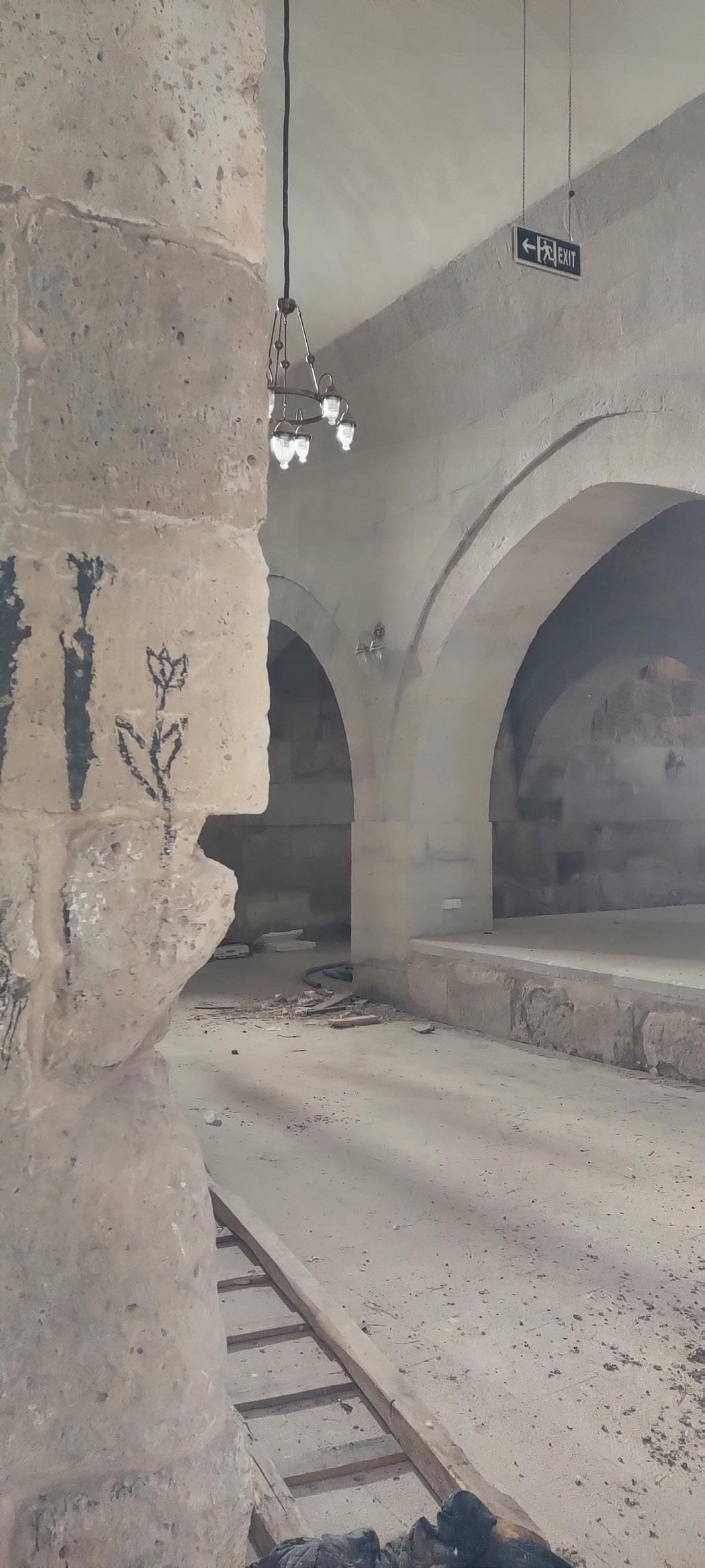
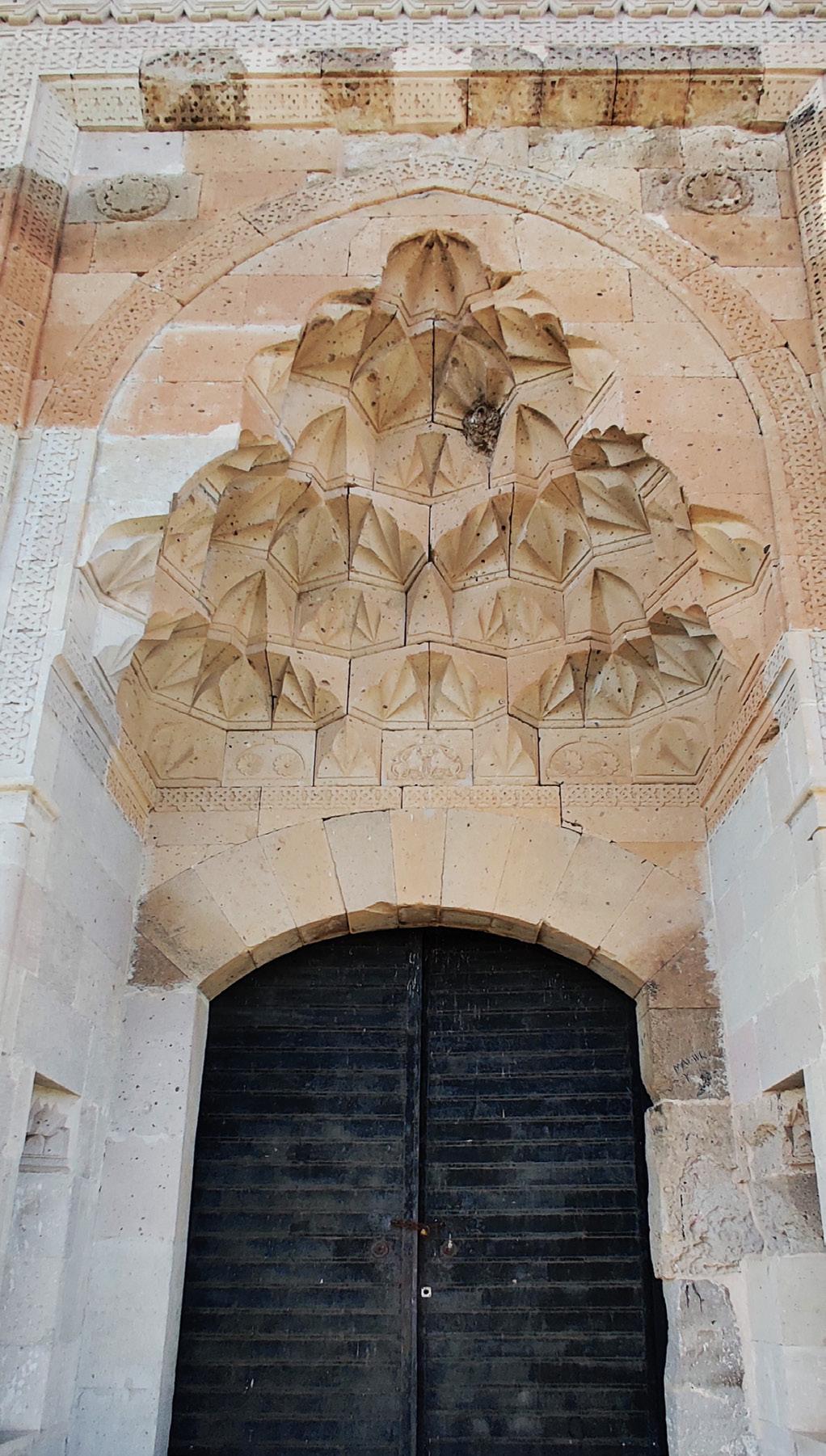
funded by charitable religious endowments, called waqf, though money from the state coffers was also used for the maintenance of some hospitals. It was partly due to this funding that they quickly became strong scientific institutions and an integral part of city life.”1
Since our modern system is all we have ever seen or known, feeding on a vulnerability is not something that is considered. Its just expected. There is no doubt that we live in a land of opportunity. If the ambition is there and you strive hard, you can make it big.
But it shouldn’t be at the cost of others.
Vulnerabilities
Vulnerabilities are greatest where the need is existential. Health, survival, education and justice like so many other necessary facets of human life are all existential needs and that is where the capitalist system is most ruthless and vicious. To get justice, lawyers charge an arm and a leg. To receive good healthcare, you must pay premium health insurance.
A good education? Student loan debt in the United States totals $1.814 trillion,2 just in case you didn’t know.
In the Islamic system, healthcare was free, justice was free, and travelers received free lodging because to provide these base needs was a virtue and rewarding.
All that propaganda against Islam then makes a whole lot of sense. Islam would bankrupt the elites, the politicians, and the billionaires while reinstating our sense of humanity.
In the end, the two systems cannot be reconciled. To me, caravanserais symbolize the humanity that is inherent to the Islamic system. That’s why I visited them in the first place, because it seems as though we are all longing for the humanity which disappeared with the era of caravanserais.
1.Badhl al-Majhud, 6/483
2.Abu Dawud, men yajuzu lahu akhdhu al-sadaqa [2:119]
3.Bukhari, al-safaru qit’atun min al-a’dhab [3/8]
4.Ibn Abi Shayba, 18/477
5.Abu Dawud, 3/398
6. ibid
7.Ibn Maja, haqq al-dayf, p. 776
1. https://www.1001inventions.com/hospital-development-in-muslim-civilisation/
2. https://educationdata.org/student-loan-debt-statistics
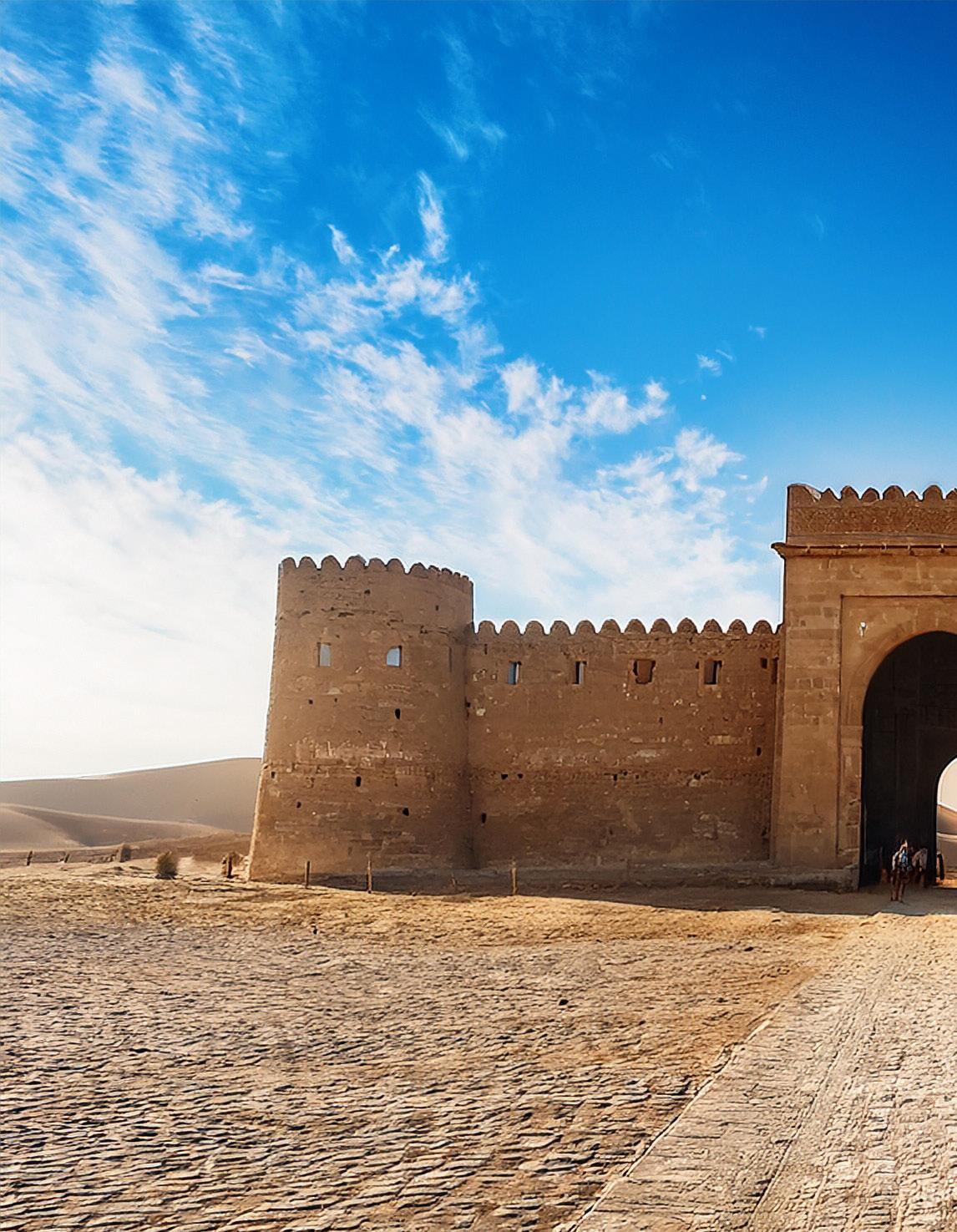
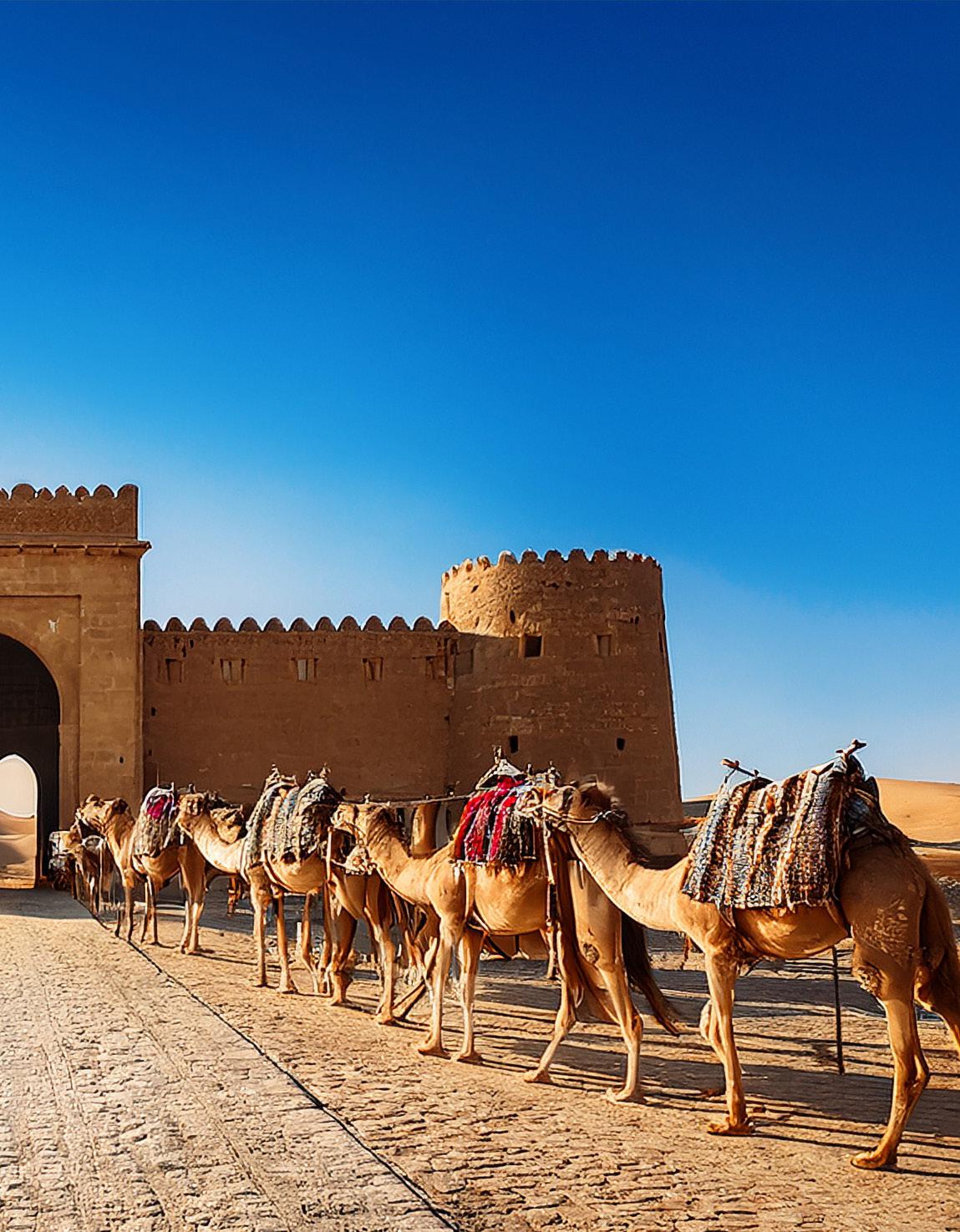



In a world where visibility often eclipses humility, self-promotion is seen as a strength, and extravagance is mistaken for success, Islam offers a powerful counter-narrative: modesty (hayā’). Far from being a peripheral value, modesty is a foundational pillar in Islamic ethics—an inward grace that manifests outwardly in every dimension of a believer’s life. The Prophet s encapsulated this beautifully when he said:
“Every religion has a distinct characteristic, and the distinct characteristic of Islam is modesty” (Ibn Mājah).
This profound narration reflects how central modesty is to the teachings of Islam. It is not a mere cultural preference or limited to dress codes; modesty in Islam is a comprehensive principle that shapes a Muslim’s character, behavior, and interaction with the world. It is identified as the hallmark of Islamic Identity, a defining feature of the faith itself.
What Is Hayā’?
The Arabic term ḥayā’ (modesty) encompasses much more than what the English word may convey. It derives from the root word ḥayāh (life), indicating that modesty is not a lifeless restraint, but rather a sign of spiritual vitality. It reflects a heart alive with the awareness of Allah, a conscience attuned to truth and beauty, and a soul striving for integrity.
Hayā’ in Islam is neither repression nor weakness. It is strength cloaked in humility, dignity that does not demand attention, and an elegance that does not seek applause. It serves to be a holistic ethic that shapes



The Day of Judgment will not come until a man’s hip will inform him of what his family did after he left [the house] ( Tirmidhi: fi kalam al-siba’ ].
thought, speech, intention, and action. It is both inward and outward—a quiet force that cultivates dignity, humility, and moral clarity. As the Messenger of Allah s has stated: “Modesty brings nothing but good” (Bukhārī).
And indeed, when we see the beauty of modest behavior—grace in speech, humility in action, sincerity in worship—it becomes clear that modesty nurtures both personal virtue and social harmony. It tempers ego, protects dignity, and fosters a culture of respect. It is the foundation of an ethical life.
Hayā’ manifests in all spheres:
Modesty In Dress
Islamic teachings on dress are rooted in dignity, intentionality, and honor. Islam instructs both men and women to clothe themselves in ways that reflect decency and humility, while being appropriate to their gender, social role, and context. The goal is not to erase identity, but to elevate it. Such actions signal self-respect, a consciousness of others, and above all, an awareness of Allah. The Qur’an commands both men and women to “lower their gaze and guard their modesty” (Surah AnNur, 24:30–31), affirming that modesty begins with the eyes and extends to the entire body. It reflects a desire to be seen not for physical appearance, but for one’s character and soul.
Modesty of the Gaze
The Islamic concept of modesty starts not with the body, but with the gaze. Despite how normalized inappropriate imagery and revealing dress have become in society, it remains a responsibility for both men and women to guard their eyes, even from those of the same gender. Looking at people
dressed immodestly—whether in real life or online—desensitizes the heart, lowers spiritual awareness, and fuels comparison, desire, or even shame. It affects one’s thoughts, weakens their sense of hayā’, and can distort how we value ourselves and others. Islam teaches that the eyes are gateways to the heart, and what we allow ourselves to see impacts our inner state. Choosing to lower the gaze is not just about avoiding sin—it’s an act of discipline, purity, and respect for the sanctity of others and the soul within ourselves.
Modesty in Speech
The tongue is a reflection of the heart. Speech, in Islam, is not taken lightly. Words carry weight, and modesty in speech means choosing them with care, humility, and intention. The Prophet s taught:
“Whoever believes in Allah and the Last Day, let him speak good or remain silent” (Bukhārī, Muslim)
This principle reflects a deep inner

discipline: to avoid gossip, foul language, backbiting, boastfulness, and anything that diminishes the dignity of oneself or others. A modest tongue speaks truth without arrogance, correction without humiliation, and kindness without flattery. It does not seek to dominate conversations or prove superiority, but instead reflects a heart that is conscious of Allah, aware that “not a word is uttered ex cept that there is an angel recording it” (50:18).
Modesty In Conduct
In Islam, modesty extends far beyond clothing—encompassing how one walks, speaks, interacts, and even jokes. This modesty in conduct is expressed through restraint, gentle ness, and sincerity in our dealings with others. It means avoiding arro gance, vulgarity, and behavior that draws unnecessary attention. Wheth er in public or private, the believer is called to act with humility and grace, aware that their actions reflect their inner state and their relation ship with Allah. In this way, modest behavior becomes a form of silent da’wah—inviting others to witness the beauty of Islam not by words, but by example.
Modesty In Worship
prayers with khushu’ (humility and concentration)” (Surah Al-Mu’minun, 23:2). Such modesty is not showing off acts of worship for praise or recognition, but instead worshipping Allah out of sincere devotion. The true believer hides their good deeds as they would hide their sins, seeking only the pleasure of Allah. Modesty in worship anchors the soul in sincerity




True worship is marked by humility before the Creator. Modesty in worship means approaching Allah not with entitlement, but with reverence, brokenness, and awe. It is to stand in prayer with a heart bowed before Him, conscious of His Greatness and one’s own need. The Qur’an describes the believers as “those who offer their
ple, but before the One who created the soul and knows its every whisper. This form of modesty purifies intentions, softens pride, and breeds gratitude. It is not about insecurity or self-deprecation, but about recognizing one’s limits and the Majesty of the Divine. The Prophet s once said, “Modesty is part of faith” (Bukhari & Muslim), and faith resides in the
heart. True modesty is what prevents sin in solitude, promotes goodness in secrecy, and inspires consistency in character. This internal ḥayā’ becomes a believer’s moral compass, guiding choices when no one is watching.
Hayā’: The Light That Guides
In every dimension of life, Islam calls the believer to modesty—not as a limitation, but as a liberation. Ḥayā’ is the light that softens the ego, protects the soul, and nurtures sincerity. It is what connects the inner world of the heart to the outer world of action, creating harmony between belief and behavior. In a culture that often celebrates exposure, excess, and ego, choosing modesty is a quiet act of courage and devotion. It is choosing to live for the sight of Allah, not the gaze of people; to value character over image, and sincerity over spectacle.
Modesty is not about being invisible—it’s about being deeply seen by the One who matters most. As Muslims, when we carry hayā’ in our dress, our words, our gaze, our worship, and our hearts, we not only uphold a pillar of faith—we preserve our dignity, protect our fitrah, and reflect the beauty of Islam in the most authentic way.
In every dimension of life, Islam calls the believer to modesty—not as a limitation, but as a liberation.





my mother and me. Most of my wealth is in the form of cash, while my mom owns mostly jewelry. Since the price of the jewelry is increasing and she is not carrying as much in cash, it is much more difficult for her to sell the jewelry and pay zakah. Would it be permissible for me to pay on her behalf? Would my mom have to pay zakah separately as well or not?
A: Zakah is an obligation that can be paid by an individual upon whom it is compulsory either directly or via a representative. Therefore, your mother may pay her zakah herself or instruct
though it is not obligatory upon you to pay it for her. If you pay it on her behalf with prior consent, her zakah is valid and discharged. The zakah amount due should still be calculated annually even though it is discharged by someone else on her behalf.
Q:From an Islamic perspective, what is a 401(k) and how does it operate?
A: A 401(k) is a retirement savings plan established under U.S. law that allows employees to set aside a portion of their earnings for use after retirement. In many cases, employers also
contribute to the account by matching part or all of the employee’s contribution. The money in a 401(k) is then invested into various options such as money market accounts, fixed-income securities, or equi ties, depending on the employee’s choice. Withdrawals are generally restricted un til the individual reaches the age of 59½. From an Islamic perspective, the ruling on a 401(k) depends entirely on whether the chosen investment options are free from interest (riba), prohibited industries, and other non-compliant elements.
Q: Are mutual funds and similar invest ments permissible in Islam?
A: Mutual funds are investment vehicles that pool money from many investors to purchase a portfolio of assets, which may include stocks, bonds, or other secu rities. In Islam, mutual funds that include interest-based bonds, conventional money market instruments, or investments in pro hibited industries such as alcohol, gambling, or pork products are not permissible. However, if a mutual fund is composed solely of halal investments, such as shares in companies that meet shari’ah screening criteria, avoid interest-based dealings, and
operate in permissible indus

Q:Is it permissible to invest in IRAs, specifically Brokerage IRAs or similar accounts, if they consist of a diversified portfolio of stocks?
In Islamic law, stocks represent ownership shares in a company or organization, entitling the shareholder to a proportionate share of its profits and losses.

Firstly, the core business activity of the company must be lawful in Islam. This means it cannot be involved in prohibited industries such as interest-based financial services, alcohol production or sales, pork products, gambling, or any other haram sector.
Secondly, if the company’s main business is permissible but it engages in secondary prohibited activities—such
tion of earning reward.
Thirdly, the company must own tangible, non-liquid assets; it is not permissible to purchase shares in a company whose entire assets are liquid cash or receivables.
Therefore, if the diversified stocks held in your Brokerage IRA meet all of the above criteria, and you actively purify any impermissible income portions, it
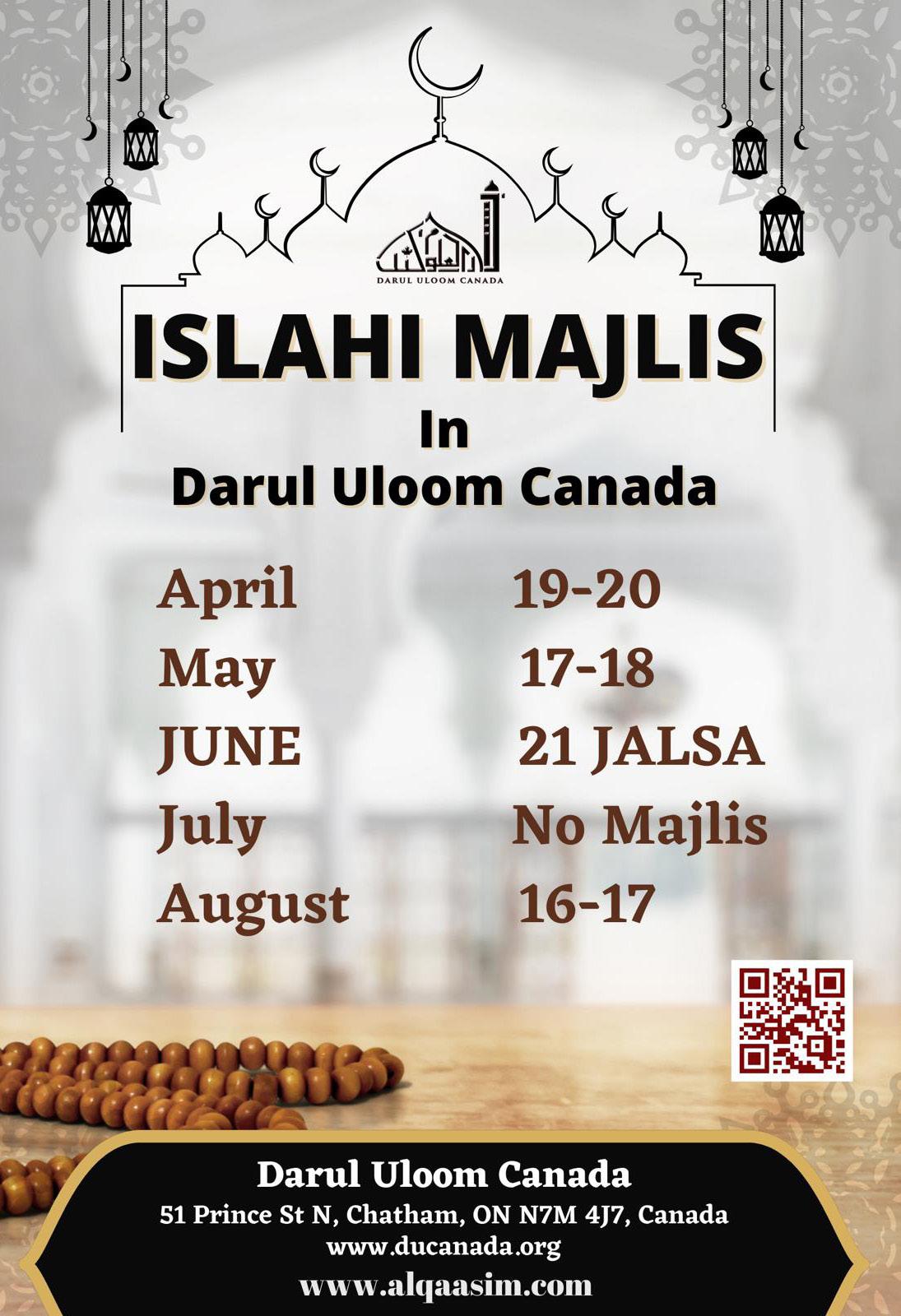
would be permissible from a shari’ah perspective to maintain and invest in such an account.
Q: How should an individual contributing to a shari’a-compliant retirement plan pay zakah? Should the zakah be given annually or only once the money has become fully accessible? Do the withdrawal penalties and tax implications affect the amount on which zakah is due?
A: Since lawful 401 (k) plans are considered business investments, zakah is necessary each year if the total amount (along with the rest of one’s assets) reaches the quantum of zakah. This includes the money invested, along with the match value added by the employer and any profits that have accumulated from it. In
sets is, they may assume it to be 40% and only pay zakat on 40% of their portfolio (of long-term stocks).
Any penalty amount one would have to pay (in the future) for withdrawals is not exempted from their income unless an individual makes a withdrawal or cancels their plan (and has paid the penalty for doing so). In this case, he would pay zakah on whatever remains on the day zakah is due.
Q: If an individual has invested in any of the retirement plans that bear interest, what should they do?
A: If a person has invested in any form of unlawful investment, he should reallocate the money to a Sharia-compliant fund. If this is not a possibility, the money must be withdrawn. Whatever money is received by the person in this case, the original amount invested by the person and that which has been added by a company (as a match) will be permissible to retain. All excess must be donated to the poor with no intention of reward.

: I am a student from Toronto, Ontario. I have just finished my

I really enjoy reading and narrating the accounts of the Auliya Allah (saints), for it is said that mercy descends upon their mention. The Quran states that Allah Most High has placed lessons for us in their stories. Although we find it difficult to fast for a single day, but when we read that many of them fasted throughout their lives for three days, some for five, and others for up to seven days, then at least it should serve as an example for us, and we should ponder as to how they must have fasted for so long.
One of the Auliya Allah was Yahya al-Jalla. Just hearing him speak would enlighten the hearts of the listeners. After he died, when his body was brought for bathing, he started to laugh. The people called a doctor, but he seemed like he was dead again. People really thought hard about what to do. They called a close friend of his and told him to do something. So, his friend came and began bathing him whilst telling him that he would continue bathing him even if he laughed. He could only do this because they had a very close friendship throughout their life; everyone else was frightened because he looked like he was alive. “How can we wash, shroud, and bury him,” they thought.
Khawja Mumshad Daynori was his companion. It was his last moments and he was going through the throes of death. Visitors would come to him and supplicate for his entry into Paradise, and consoled him saying that he
lived a righteous life. He began laughing despite experiencing the throes of death. “What is the matter,” they asked. He said, “Your supplication May Allah grant you Paradise” makes me laugh. For many years, Paradise is presented to me every time I complete my worship and supplicate, but I have never looked at it and have no need for it; I seek the pleasure of my Owner and I am a seeker of the Owner of Paradise.
When Shaykh al-Hind Mahmud Hasan, the first student of Darul Uloom Deoband, would fall into a state of spiritual ecstasy, he recited the poem addressing paradise:
O paradise! You are home to houris and serving boys. O Paradise! we accept that they reside in you. But, O Paradise! Roam around my heart, the Prophet s resides in it.
Either give home to Allah and His Messenger s in your heart or both simultaneously. May Allah Most High also grant us this status.
Khawaja Hubayra was in his teens when he completed his studies in the sacred knowledge. After that, he made it his practice to complete the recitation of the entire Quran twice daily. Neither had he pledged allegiance at the time, nor was he attached to a spiritual order. He continued this spiritual practice for thirty years. Thirty years later, he felt that there were great people who were receiving spiritual experiences and that he had not attained anything
whatsoever.
Many occurrences of the past have come to an end. It seems like fiction hearing a voice coming from the unseen whilst people sat there listening to it. A voice came from the sky and many people heard it. These incidents would occur frequently. All that remains now are good dreams. Khawaja Hubayra was distressed as he thought, “O Lord! Thirty years have passed and I have not succeeded.” Then, he heard from the unseen, “If you would like to become an ascetic, then go and pledge allegiance to Khawaja Hudhayfa Ma’rashi.” Thereafter, he went into the service of Khawaja Hudhayfa Ma’rashi..
Allah Most High favored and bestowed him with so much after that. He states than when his shaykh granted him khilafa, he could see the souls in front of him in this material world. He saw the Noble Prophet s approaching him with his pure group of companions. “Congratulations on your khilafa,” The Prophet s said to him. What great people have passed!
Yahya al-Jalla was called Jalla since every word he uttered would enlighten the hearts. his words penetrate deeply into the heart and cleansed it of all impurites.
- Maulana Yusuf Motala [taken from Manifestations of Prophet Muhammad’s s Beautyi
high school and am pursuing post-secondary studies at a university where I will not be living remotely with my parents. The cost to manage all of the above is quite high even if I find a job and with the scholarships and bursaries received. Will I be able to gain financial assistance through OSAP?
A:The government gives student loans such as OSAP (Ontario Student Assistance Program) to make post-secondary education more accessible and affordable. However, this loan is an interest-based loan that students have to pay back. If repayment of the loan is made within six to seven months after graduation, one is exempted from the interest charges while if repayment is made after six to seven months, interest would be charged therefrom. Therefore, it will be permissible to apply for OSAP on the condition that one knows they will be able to repay the loan within the six/seven-month period where interest has not accrued.
Q: Is quoting a weak (da‘eef) hadith the same as lying about the Prophet s?
A: Quoting a weak (da‘eef) hadith is not inherently sinful nor automatically considered lying about the Prophet s provided it is done within the scholarly guidelines and with the proper understanding of its status. Firstly, it is important to recognize that the classification of a hadith as “weak” is not always definitive or unanimously agreed upon. The science of hadith is highly nuanced, involving analysis of chains of transmission, narrator reliability, memory precision, corrobo-
rating reports, and other factors. Because of this, the ruling on whether a hadith is weak often falls under valid scholarly ijtihad. One scholar may deem a narration weak due to a particular narrator, while another may accept it because of supporting evidence or an alternative chain. As in fiqh, where legitimate differences exist among scholars, it is neither fair nor appropriate to condemn someone for citing a narration when reputable scholars have differed over its grading.
Secondly, a distinction must be made between a weak (da‘eef) hadith and a fabricated (mawdu‘) hadith. Fabricated hadith are outright falsehoods and attributing them to the Prophet s is unquestionably sinful. Weak hadith, on the other hand, are genuine reports with a known chain, but the chain may have a deficiency—such as a narrator with weak
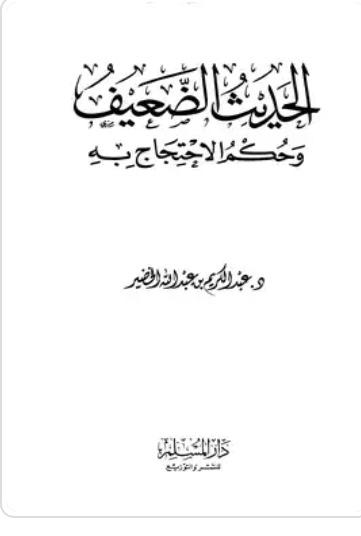
memory or a gap in transmission. These narrations are not entirely rejected. In fact, renowned scholars like Imam Ahmad ibn Hanbal, Imam Nawawi, and Ibn Hajar al-‘Asqalani have permitted citing weak hadith in matters of virtues (Faḍā’il al-a‘māl), such as encouraging worship, charity, and good character, provided they do not promote anything contrary to sound Islamic principles and are not used to establish new legal rulings (ahkam).
Moreover, in hadith methodology, a narration that is weak on its own can be strengthened through corroborating reports with similar meanings. This process can elevate it to the level of hasan li-ghayrihi (sound due to supporting evidence). Thus, a hadith that appears weak from one chain might actually be reliable in the eyes of a scholar aware of additional supporting chains.
Given these nuances, the matter of whether a hadith is weak, when it can be quoted, and how it should be presented requires scholarly expertise. Those unfamiliar with the principles of hadith criticism should avoid hastily accusing others of lying or wrongdoing when they share a weak narration, especially if it is presented for the purpose of encouraging good and without a claim of absolute authenticity.
In summary: Quoting a weak hadith according to the guidelines of the scholars is not lying about the Prophet s and is not sinful. What is sinful is knowingly attributing fabricated statements to him.
Moreover, in hadith methodology, a narration that is weak on its own can be strengthened through corroborating reports with similar meanings.
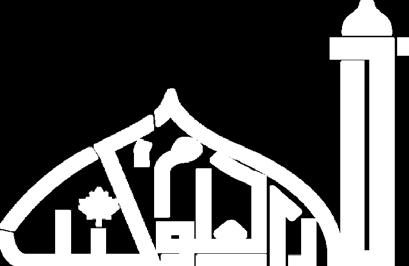
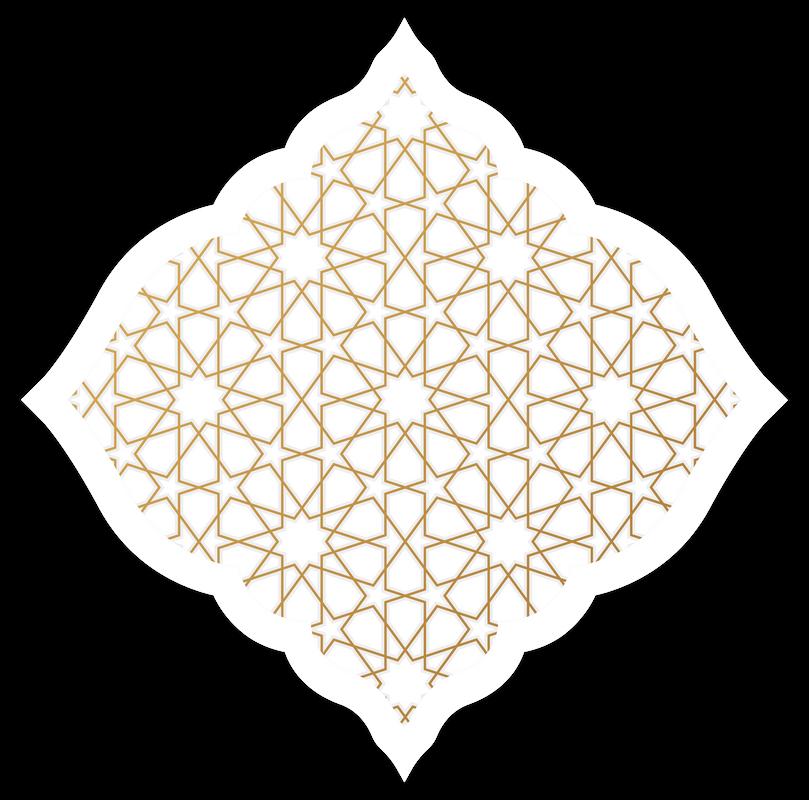





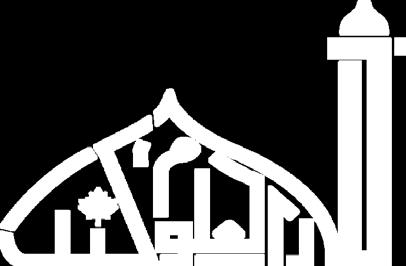







nisbat & ihsan
part 2
Dr. Ismail Memon r trans: Maulana Dr. Mateen Khan
In the first section (published previously in Madania magazine), our beloved Ḥaḍrat Dr. Ismail Madanī wrote, after citing the hadith of Jibrīl, ihsan means to worship Allah in such a way that it feels as though He is before your eyes, and you are standing in His presence, and He is watching you. Ihsan relates to every aspect of life: every act of worship, every form of servitude, and every command of Allah should be carried out as though He were visibly present before us, seeing our every movement and stillness.
Next, quoting Mawlānā Thānwī, Hazrat explained that nisbat “refers to a servant’s special relationship with Allah Most High—that is, constant obedience and predominant remembrance with sincerity. And it refers to Allah’s special relationship with the servant, meaning acceptance and pleasure, similar to the bond between a devoted lover and a dignified beloved.”
We now present the second installment of the translation in which Hazrat r writes about the essence of tasawwuf and the connection with Allah.
the essence of tasawwuf
Hazrat Shāh Walīullāh writes in al-Qawl al-Jamīl, “The ultimate goal and culmination of all the methods of the mashāyikh (spiritual masters) is to attain a specific inner state, which the Sufis refer to as nisbat. Through this nisbat, the servant acquires a connection and link with Allah Most High. This nisbat is also called sakīnah (tranquility), and at times referred to as nūr (spiritual light). The reality of nisbat is that it is a spiritual state (kayfiyyah) which takes root in the soul. As a result, an angelic disposition develops within the soul, and the person acquires a capacity to receive insights from the higher, celestial realm.”
In explanation of this, Hazrat Mawlānā Walīullāh Ilāhābādī writes:
The details are as follows: When a person continuously engages in acts of obedience, purification, remembrance of Allah, and the like, a state is created within the
The ultimate goal and culmination of all the methods of the mashayikh (spiritual masters) is to attain a specific inner state, which the Sufis refer to as nisbat. Through this nisbat, the servant acquires a connection and link with Allah Most High.
soul. This results in the formation of a deeply rooted disposition (malakah rāsilah), through which the person becomes inclined to do every action for the pleasure of Allah. This quality is what is called nisbat or sakīnah. Attaining nisbat means the servant has turned his full attention toward Allah and developed a bond with Him.
As for Allah’s connection to the servant, it is already established. As Mawlānā Rūmī says: “Allah’s connection with creation is beyond description and cannot be compared to anything; yet it surely exists between the Lord of humankind and the souls of humankind.”
However, the ways of acquiring this nisbat differ. Nisbat, as a common essential quality, is present in all spiritual paths, and it is the same. As stated in Shifa al-Alil: Being in the presence of Allah
takes many forms. The more a person is granted love, connection, and humility of the ego, the stronger the resulting inner state becomes. There are countless forms of nisbat. The practices of the Qādirī, Chishtī, and Naqshbandī paths are all ultimately aimed at cultivating this nisbat. They emphasize constant devotion and immersion in it so that, through continuous practice and unwavering attention, a deeply rooted disposition is formed in the soul. Once this occurs, heedlessness and forgetfulness no longer find space in the heart. Through this state, obedience to Sharīʿah becomes easier, and the influence of evil tendencies is eliminated.
Later, Shāh Walīullāh clarifies a potential misconception: While the spiritual exercises of the four Sufi orders are indeed a means of acquiring nisbat, it is incorrect to assume
Being in the presence of Allah takes many forms. The more a person is granted love, connection, and humility of the ego, the stronger the resulting inner state becomes.

“In the school of love, there’s a strange rule; the one who has memorized the lesson is never granted a break.”
that nisbat can only be attained through these specific exercises. He writes: “Do not think that these Sufi practices are the only means of attaining nisbat. That is not the case. These exercises are merely one method among several. It is my opinion that the Companions and the Followers (tābiʿīn) attained nisbat and sakinah through other means. For example, one method was their consistent performance of ṣalāh, their regular recitation of glorifications (tasbihat) in seclusion, and their careful observance of humility, submission, and presence of heart in all acts. Another method was maintaining external and internal purification at all times, and the constant remembrance of death, the destroyer of pleasures. They would also keep before their eyes the eternal rewards, honors, and gifts Allah has prepared for the obedient, and the punishments and hardships prepared for the disobedient. As a result, they would detach completely from physical pleasures, and the comforts of this world were uprooted from their hearts. Another method of attaining nisbat was consistent recitation of the Qur’an, reflecting deeply on its meanings, attentively listening to the words of admonition and guidance, and taking them to heart. Likewise, listening to those hadiths that soften the heart was also part of their method” (al-Qawl al-Jamīl).
Look at how clearly Shāh Sahib has laid out the paths to attaining nisbat that the noble Companions achieved nisbat through all of these practices. The common error nowadays is to assume that the only way to acquire nisbat is through the specific litanies (ahdkār) and meditations (murāqabāt) of the mashāyikh. While those are indeed a means, they are not the exclusive way.
Previously, Shāh Walīullāh had stated: “The purpose of the Sufi exercises is to acquire this nisbat, to remain constant in it, and to remain immersed in it until, through continuous practice, the soul develops a firm disposition (malakah rāsiḵah).” Then later, where he describes the methods by which the Companions and Followers attained nisbat, he affirms [that all of the Companions were people of nisbat]:
“To summarize: The noble Companions and Followers remained committed to these practices of the Sharīʿah for extended periods. As a result, they developed a deeply rooted disposition and a firm orientation toward drawing closer to Allah. They maintained this state for the rest of their lives, and the impact was that the quality of their nisbat continued to increase. Without a doubt, this nisbat is the very same spiritual legacy that has come down to us from the Prophet s through our mashāyikh. Although its forms are diverse and the

